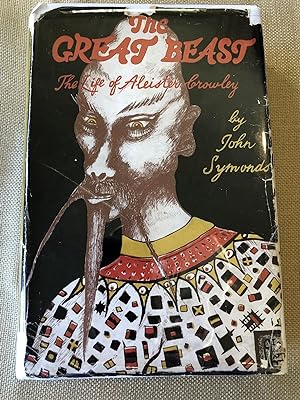Found in a paperback reprint ( 1952) of Rieu’s translation of The Odyssey is a typewritten carbon copy of a letter to the translator from John Symonds, the biographer of Aleister Crowley, dated 22nd September 1961. Alongside it is Rieu’s handwritten reply to Symonds from his home at Hurst Avenue in north London, dated six days later.
Such items are rare. Editors rarely reply to letters from readers. I once received a very long typed reply from the poet and writer on art, Edward Lucie- Smith, not long after his Penguin anthology of contemporary poetry came out. I can’t recall exactly what I objected to, but I think it was something to do with the fact that Lucie-Smith had had the audacity to include a comparatively young poet — Geoffrey Hill—while excluding a veteran of the Auden generation, Geoffrey Grigson. I must have made a cogent case because Lucie-Smith’s friendly reply was much longer than my original letter to him.

Symonds’ letter to Rieu turned on an objection, not to the quality of the translation, but to the character of Odysseus. Here is the letter in full:-
Dear Sir,
‘ Some years ago I bought your versions of THE ODYSSEY and THE ILIAD, and put them on a shelf beside my bed, intending one night to begin reading them, and thus fill a literary gap. And there they remained until this month when I took down THE ODYSSEY, removed the paper wrapper, felt the fine blue cloth binding, gazed at the clear print and began reading.
Splendid and immortal yarn! But what a barbarian Odysseus is. He is like a comic-strip superman of the Daily Mirror. And then I came to Book XXII which you describe in your introduction as ‘ the magnificent climax ‘. What is magnificent about it ? The cruelty of Odysseus appalled me. Merciless butcher, without charity! He won’t even spare the tearful women. The horror described on page 324 made me feel sick and I flung the book into the fireplace.
I shall apply myself, somewhat warily, to THE ILIAD.
Yours truly,
John Symonds.
Continue reading
